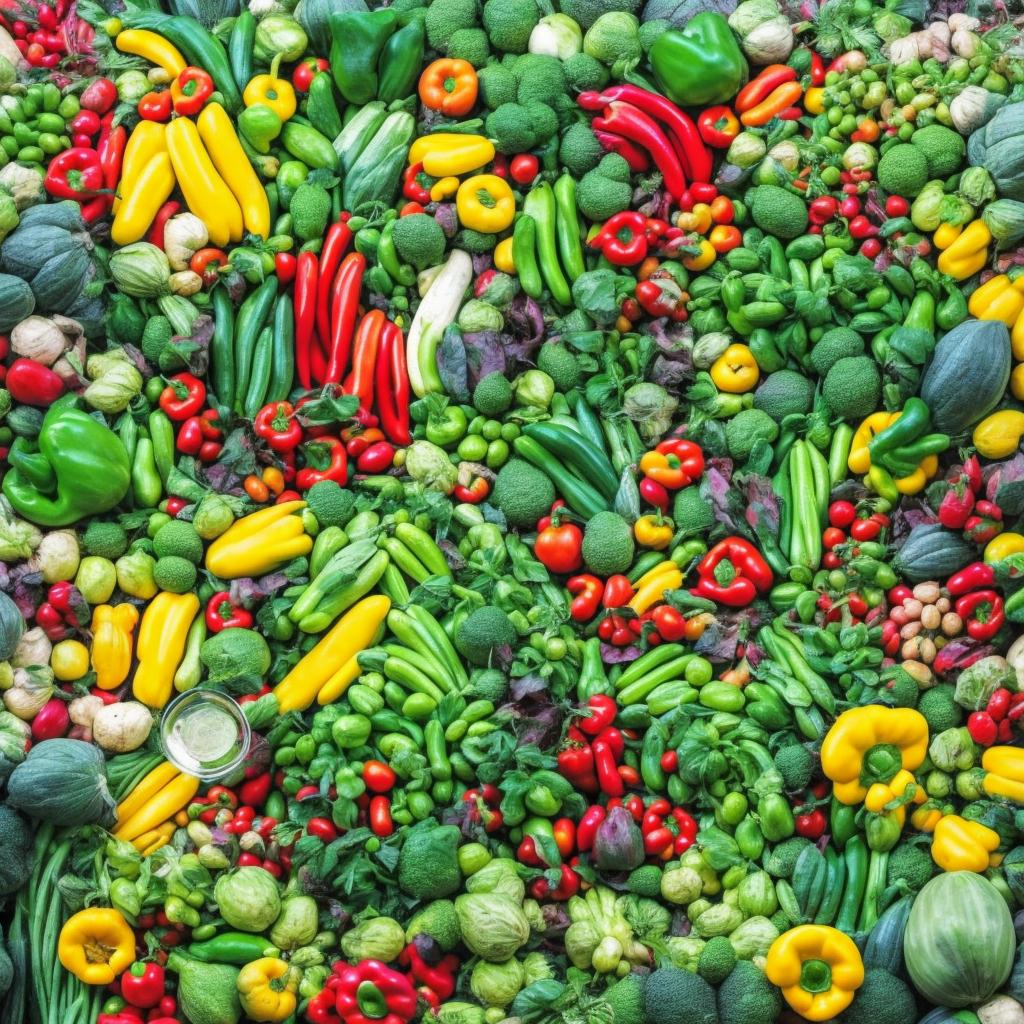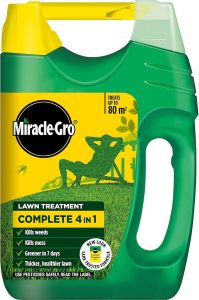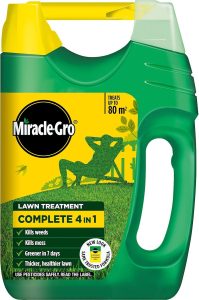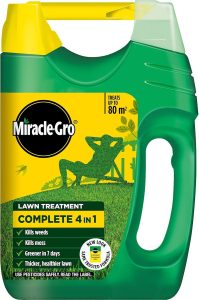Diving into the world of gardening can be a fulfilling and rewarding experience, but when it comes to choosing how to care for your plants, the options can sometimes feel overwhelming. With concerns over chemical residue and environmental impact on the rise, many gardeners are turning to organic methods for a more natural and sustainable approach. In this article, we will explore the basics of organic gardening and provide tips on how you can go chemical-free to create a healthier, more eco-friendly garden space.
Choosing the Right Organic Seeds and Plants
When it comes to organic gardening, choosing the right seeds and plants is essential for a successful and chemical-free garden. By opting for organic seeds and plants, you are ensuring that your garden is free from harmful pesticides and chemicals that can harm both the environment and your health. Organic seeds and plants are grown without synthetic fertilizers or pesticides, making them a safer and more eco-friendly option for your garden.
When selecting organic seeds and plants for your garden, consider the following tips to help you make the right choices:
- Look for certified organic: Ensure that the seeds and plants you purchase are certified organic by reputable organizations to guarantee their authenticity.
- Choose locally grown: Opt for seeds and plants that are grown locally to support sustainable agriculture practices and reduce your carbon footprint.
- Check for variety: Select a diverse range of organic seeds and plants to promote biodiversity in your garden and attract beneficial insects.
Creating a Healthy Soil Environment for Your Garden
is essential for successful organic gardening. By going chemical-free, you not only protect the environment but also provide a safe and nutritious growing environment for your plants. To start, focus on building up the organic matter in your soil. This can be done through composting kitchen scraps, yard waste, and other organic materials.
Another important aspect of organic gardening is maintaining good soil structure. Avoid tilling too frequently, as this can disrupt the natural ecosystem of the soil. Instead, opt for no-till gardening methods like lasagna gardening or sheet mulching. These techniques help to improve soil health and promote a thriving ecosystem of beneficial microorganisms. By fostering a healthy soil environment, you can enjoy bountiful harvests without the need for harmful chemicals.
Implementing Natural Pest Control Methods
One effective way to control pests in your garden without the use of harmful chemicals is by . These methods not only protect your plants from pests but also promote a healthy and sustainable gardening environment. Here are some organic gardening basics to help you go chemical-free:
- Companion planting: Planting certain species of plants together can help deter pests. For example, planting marigolds alongside tomatoes can repel aphids and other pests.
- Attracting beneficial insects: Encourage the presence of beneficial insects like ladybugs and lacewings by planting flowers such as dill and fennel, which attract these insects that feed on garden pests.
Maintaining Organic Garden Practices for Long-Term Success
When it comes to maintaining an organic garden for long-term success, going chemical-free is essential. By eliminating synthetic pesticides, herbicides, and fertilizers, you can create a healthy environment for your plants, beneficial insects, and the overall ecosystem. Embracing organic gardening practices not only ensures the well-being of your garden but also promotes sustainable and environmentally friendly growing methods.
One of the key principles of organic gardening is soil health. Using natural methods like composting, mulching, and cover cropping can enrich the soil with essential nutrients, improve water retention, and support beneficial soil organisms. Additionally, practicing crop rotation and companion planting can help prevent pest and disease problems without the need for harmful chemicals. By prioritizing soil health and biodiversity, you can create a thriving organic garden that will continue to flourish year after year.
Concluding Remarks
As you embark on your organic gardening journey, remember that you are not just growing plants, but cultivating a healthier world for yourself and future generations. By going chemical-free, you are not only enriching the soil and supporting biodiversity, but also re-connecting with nature in its purest form. So, roll up your sleeves, get your hands dirty, and let the magic of organic gardening take root in your life. Happy gardening!




